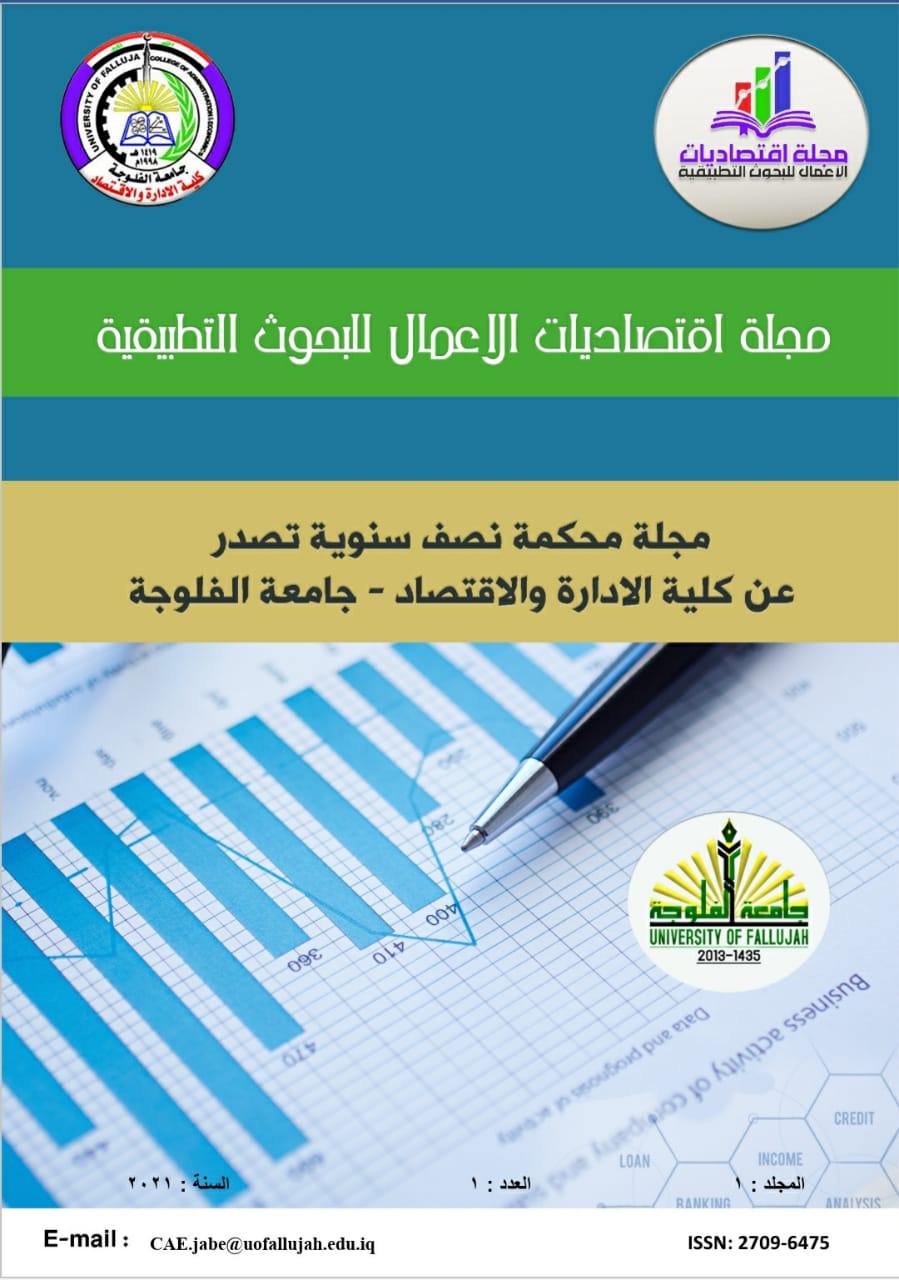The Effect of Using Administrative Accounting Tools on Improving Internal Audit Quality in Iraqi Private Banks: Balanced Scorecard as a Model
DOI:
https://doi.org/10.37940/10.37940\BEJAR.2025.1.1Abstract
The research aims to find out the effect of using management accounting tools on improving the quality of internal auditing for private Iraqi banks - the Balanced Scorecard as a model, and to achieve the goal of the research, a questionnaire was developed that included Balanced Scorecard information, with regard to the studied community represented by private Iraqi banks in Iraq. Research the Iraqi banking sector. The research sample focused intentionally for the Mosul Bank for Development and Investment and the Ashur International Bank for Investment, and among the most important findings of the research: the presence of a moral impact of using the balanced scorecard in its four dimensions to improve the quality of internal auditing in private banks. On the efficiency of the work of the internal audit team in banks. The research reached several recommendations, the most important of which are: Paying attention to the qualitative dimensions of implementing the Balanced Scorecard and disseminating its concept, it must be concerned with the quality of services to attract new clients, maintain old clients, pay attention to customer suggestions and complaints and address them in a timely manner, improve internal processes and qualify and train cadres to increase their experience and capabilities Proper application of the Balanced Scorecard.



